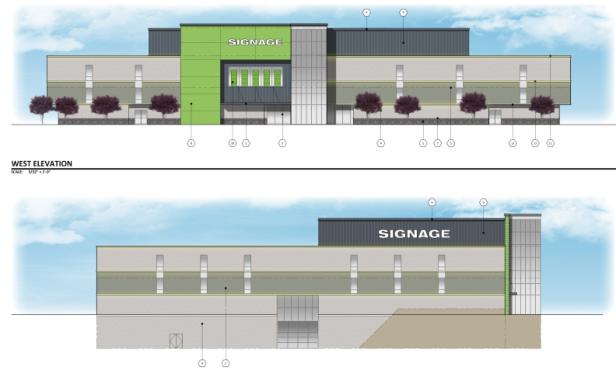 Phoenix's Metro Center mall could become a shining example of what is possible for malls across the country—at least that is what developer's are hoping. Carlyle Development Group and Capital Asset Management have launched the first of a series of redevelopment projects planned foe the 1.4-million-square-foot retail center. The first will reimagine a 150,000-square-foot JC Penney into a sports use.
Phoenix's Metro Center mall could become a shining example of what is possible for malls across the country—at least that is what developer's are hoping. Carlyle Development Group and Capital Asset Management have launched the first of a series of redevelopment projects planned foe the 1.4-million-square-foot retail center. The first will reimagine a 150,000-square-foot JC Penney into a sports use.
“Entertainment is where everyone is going now,” Rachelle Strole, owner of Capital Asset Management, tells GlobeSt.com. “Malls need to become sports and entertainment. Those retail uses have never died. Families want to go to one place where they can have sports, fun and could eat, they wouldn't leave.”
Strole had gone to Metro Center mall as a child, but believed that it was closed until she was asked to manage the project in September. “I believed that Metro Center was closed. It was clear that something had gone horribly wrong,” she says. However, when she met with tenants, no one wanted to leave. “I expected to get 50% of the keys back. I met with the larger tenants, and they didn't want to leave. I realized that the last recession took the imagination out of the bigger development groups. I took it to partners of mine, and we decided JC Penney was the best place to start.”
Her goal now is to transform the property and drive foot-traffic back to the center, and she says that most malls should be looking at ways to incorporate sports and entertainment—but that is easier said than done. “The problem with malls is that the ownership is chopped up,” says Strole. “The real slow down of redevelopment of malls is that they have restrictive REAs that don't allow anything to happen without boxes agreeing. In our situation, Carlyle bought JC Penney and blew up the REA. I know that if we could get the bugger development groups and big-box owners to work together, we could create some amazing things.”
With no REAs in place, Strole has the option to recreate the 150,000-square-foot space into anything, and it could illustrate the potential for other mall operators. “I want this mall to be the example. Because we have no REAs, we have the ability to make it into what we want it to be,” she adds.
The details of the project and the budget are currently under raps, but Strole says the interest has been phenomenal. “We are really going to look at all of the different options,” she says. “We have been approached by a multitude of different uses.”
© 2025 ALM Global, LLC, All Rights Reserved. Request academic re-use from www.copyright.com. All other uses, submit a request to [email protected]. For more information visit Asset & Logo Licensing.







